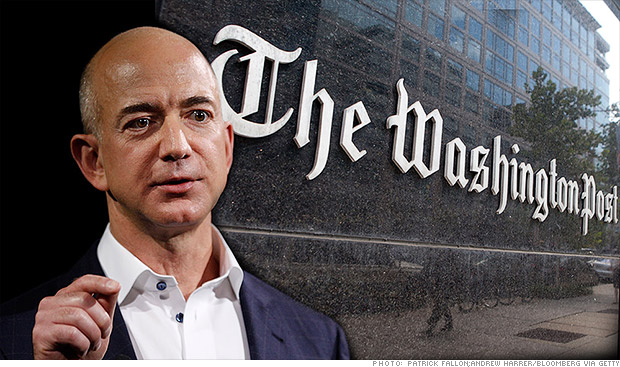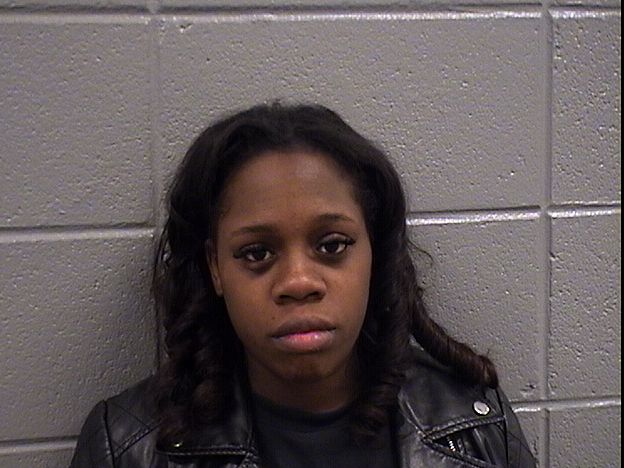Around the North Shore you can find a sprinkling of homes that featured prominently in one of John Hughes' films about teen angst.
And when one of those homes goes on the market, the realtor is certain to point out that the house now available for purchase was featured prominently in a John Hughes film.
It's the sort of marketing that inspired Jen Lancaster to pen IF YOU WERE HERE, which tells the story of a couple purchasing just such a home.
If you're of the right age, you swoon at the idea of owning a house you saw on screen, and just think of the possibilities for your Christmas card photo. Get the family dressed up in appropriate costumes, pose in an appropriate way, and your friends will be impressed. You'll have the DVD of the movie prominently displayed in your home as well, in case someone doesn't know or doesn't recall the movie that has immortalized your humble abode.
Except that the homes are not so humble.
John Hughes filmed around a very expensive part of town, where homes sell in the millions, not the thousands. Not just anyone can own a movie star house, and maybe those who can afford it aren't all that impressed by the home's cachet. They're more likely to be considering the age of the roof, the state of the furnace, or the chipping of the paint.
The people who let John Hughes film a car crashing through the glass wall of their garage tried to sell the house five years ago, and it was well known that this was the house that stood perched on a ravine, a picturesque setting where the fictional owner put a car on display like some rare jewel. If you wanted to see what the place looked like, you could rent the film on Netflix. The realtor broadcast the fact that it was the Ferris Bueller's Day Off house, and then sat back to wait for the offers to roll in.
Which, as it turned out, they did not.
The price was dropped from $2.3 million to $1.8 million, but still no one wanted to spend that kind of money on a house that was resting on a ravine. The bluffs aren't as stable as flat ground, there is no back yard for kids to play in, and you have to maintain the steel structure or it won't just be an expensive car falling into the ravine.
The house was pulled off the market after a couple of years without interest, and then re-listed at a lower price. The price was cut again and then again, with the sellers very keen to move, but the real estate bubble had burst and a limited field of potential buyers shrank that much more.
If you were waiting for the right price, maybe somewhere south of $750,000, you have waited too long.
The post-modern box made famous by Hollywood has just been sold for $1 million and change.
Someone is going to have a very unique party some day this summer, in a setting of verdant foliage and maybe, just maybe, a bright red convertible in the middle of the room overlooking a forested ravine. And there would be money available for such a bash, since the new owners got the house for half of what the owners were originally asking.
Quite a bargain for a house made famous by John Hughes, an abode where the owner can walk in the footsteps of Matthew Broderick and Mia Sara.






_is_underway_in_the_Atlantic_Ocean.jpg)










